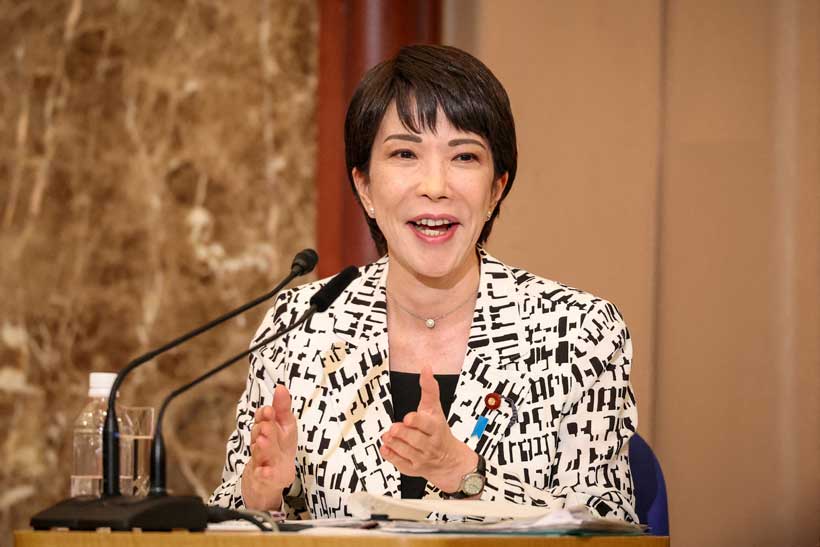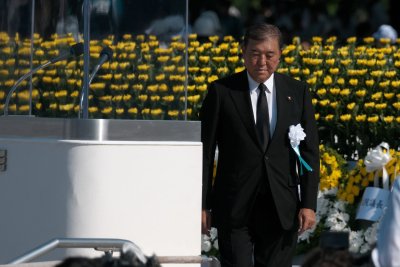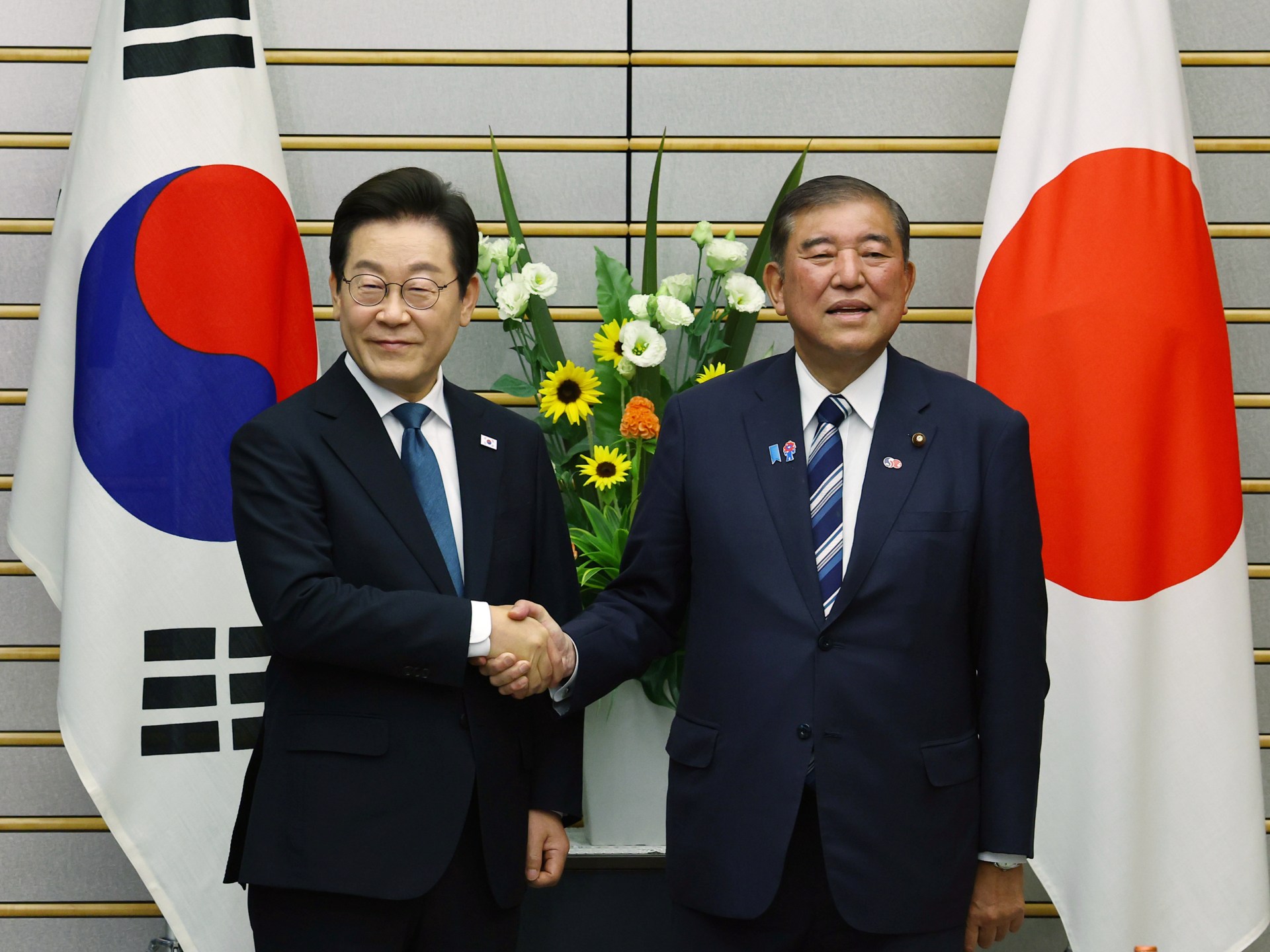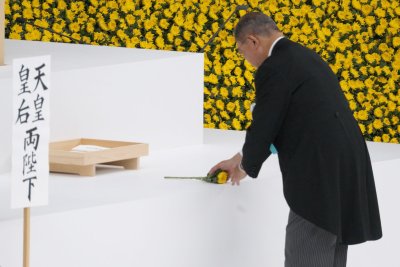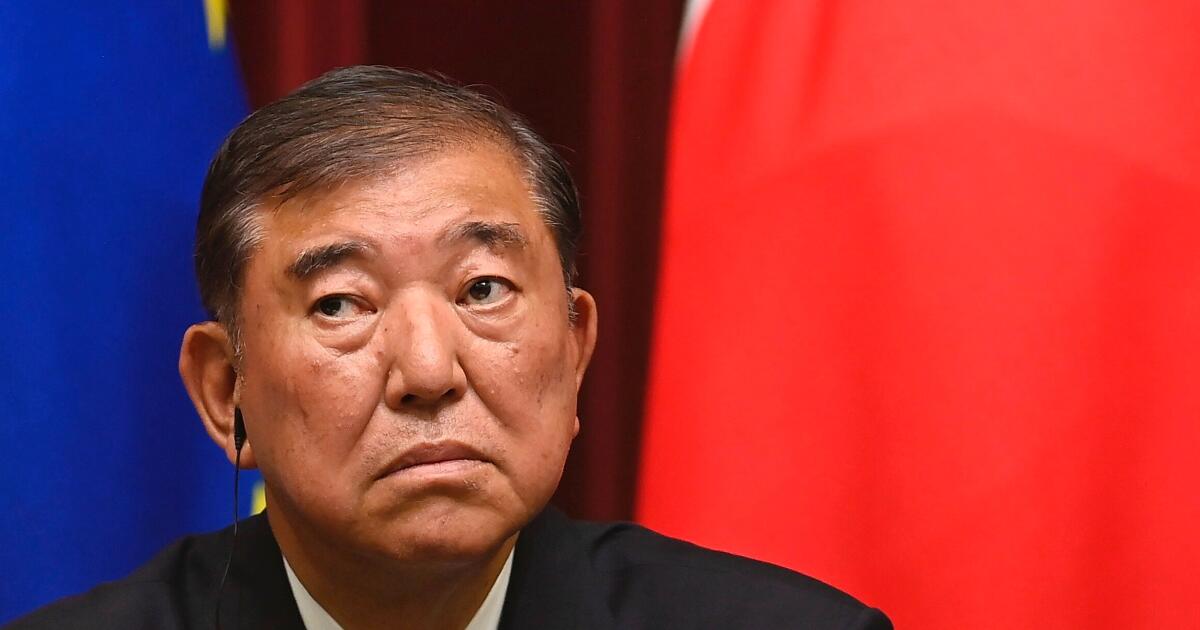Why the Race to Replace Ishiba May Be More Complex Than It Looks
Japanese Prime Minister Shigeru Ishiba announced his resignation on Sunday due to pressure from his ruling party following recent election defeats, including the July upper house elections.
Ishiba’s departure will initiate a leadership contest within the Liberal Democratic Party. The LDP president’s path to premiership is not guaranteed, as the ruling coalition has lost its parliamentary majorities, opening a possibility for an opposition leader to become prime minister of Japan.
Ruling – Liberal Democratic Party (LDP)
SANAE TAKAICHI, 64:
If chosen, Takaichi would be Japan’s first female prime minister.
A party veteran who has held a variety of roles, including economic security and internal affairs minister, she lost to Ishiba in the LDP leadership race in a run-off vote last year.
Known for conservative positions such as revising the pacifist postwar constitution, Takaichi is a regular visitor to the Yasukuni shrine to honour Japan’s war dead, viewed by some Asian neighbours as a symbol of past militarism.
Takaichi stands out for her vocal opposition to the Bank of Japan’s interest rate hikes and her calls to ramp up spending to boost the fragile economy.
SHINJIRO KOIZUMI, 44:
Heir to a political dynasty with a hand in governing Japan for more than a century, Koizumi would become its youngest prime minister in the modern era.
Koizumi ran in the last year’s party leadership race, presenting himself as a reformer able to restore public trust in a scandal-hit party.
Unlike Takaichi, who left government after her defeat in that contest, the Columbia University-educated Koizumi stayed close to Ishiba as his agriculture minister, overseeing a widely publicised attempt to curb soaring rice prices.
In his only other cabinet post, as environment minister, Koizumi called for Japan to get rid of nuclear reactors in 2019. He faced ridicule that year for remarks that climate policy needed to be “cool” and “sexy”. Little is known about his views on economic policy, including on the BOJ.
YOSHIMASA HAYASHI, 64:
Hayashi has been Japan’s chief cabinet secretary, a pivotal job that includes being top government spokesperson, since December 2023 under then-premier Fumio Kishida and Ishiba.
He has held a variety of portfolios, including defence, foreign and agriculture minister, often being tapped as a pinch-hitter following an incumbent’s resignation.
A fluent English speaker, Hayashi worked for trading house Mitsui & Co, studied at the Harvard Kennedy School and was a staffer for U.S. Representative Stephen Neal and Senator William Roth Jr.
Hayashi ran for the LDP leadership race in 2012 and 2024. He has repeatedly called for respecting the BOJ’s independence on monetary policy.
Opposition – Constitutional Democratic Party of Japan
YOSHIHIKO NODA, 68:
Former Prime Minister Noda is the leader of the biggest opposition group, the centre-left Constitutional Democrats.
As premier from 2011 to 2012, he worked with the LDP to push through legislation to double Japan’s consumption tax to 10% to help curb bulging public debt – earning a reputation as a fiscal hawk. The consumption tax was raised to 10% in 2019 for most items.
In the upper house election in July, Noda reversed course and called for a temporary cut to the consumption tax for food items. He has repeatedly called for phasing out the BOJ’s massive stimulus.
Opposition – Democratic Party for the People
YUICHIRO TAMAKI, 56:
Tamaki’s centre-right party is one of the fastest-growing in recent elections.
A former finance ministry bureaucrat, Tamaki co-founded the Democratic Party for the People in 2018 and advocates increasing people’s take-home pay by expanding tax exemptions and slashing the consumption tax.
He supports boosting defence capabilities, stricter regulations for foreigners’ land acquisition and constructing more nuclear power plants.
Tamaki has called on the BOJ to be cautious about phasing out stimulus, saying it should wait until real wages turn positive and help underpin consumption.
Based on a Reuters report
